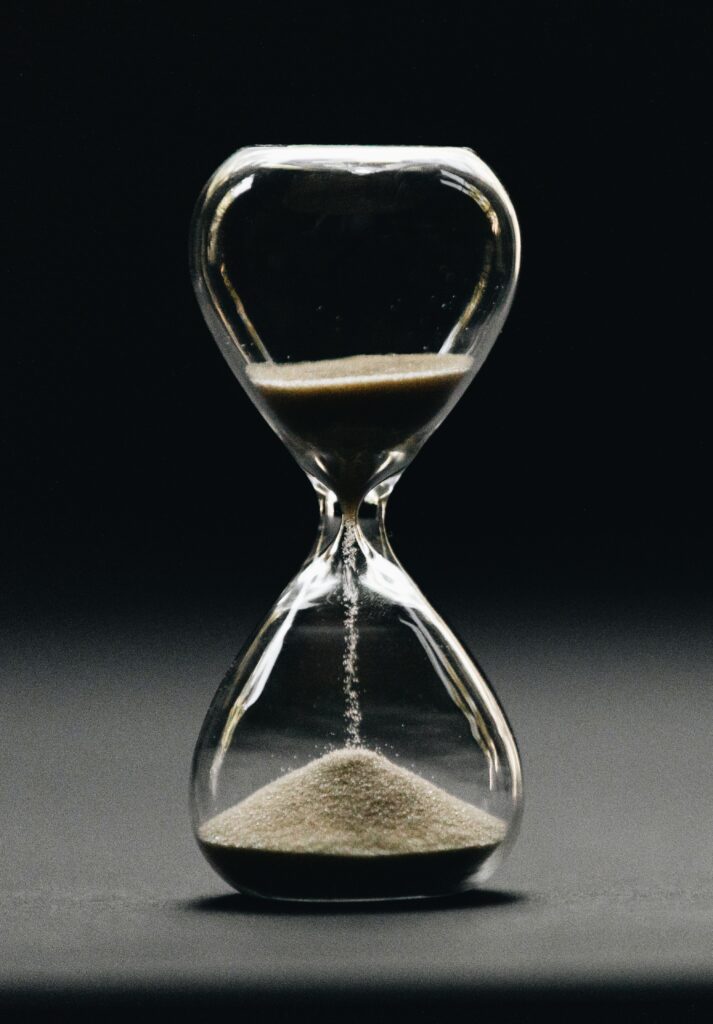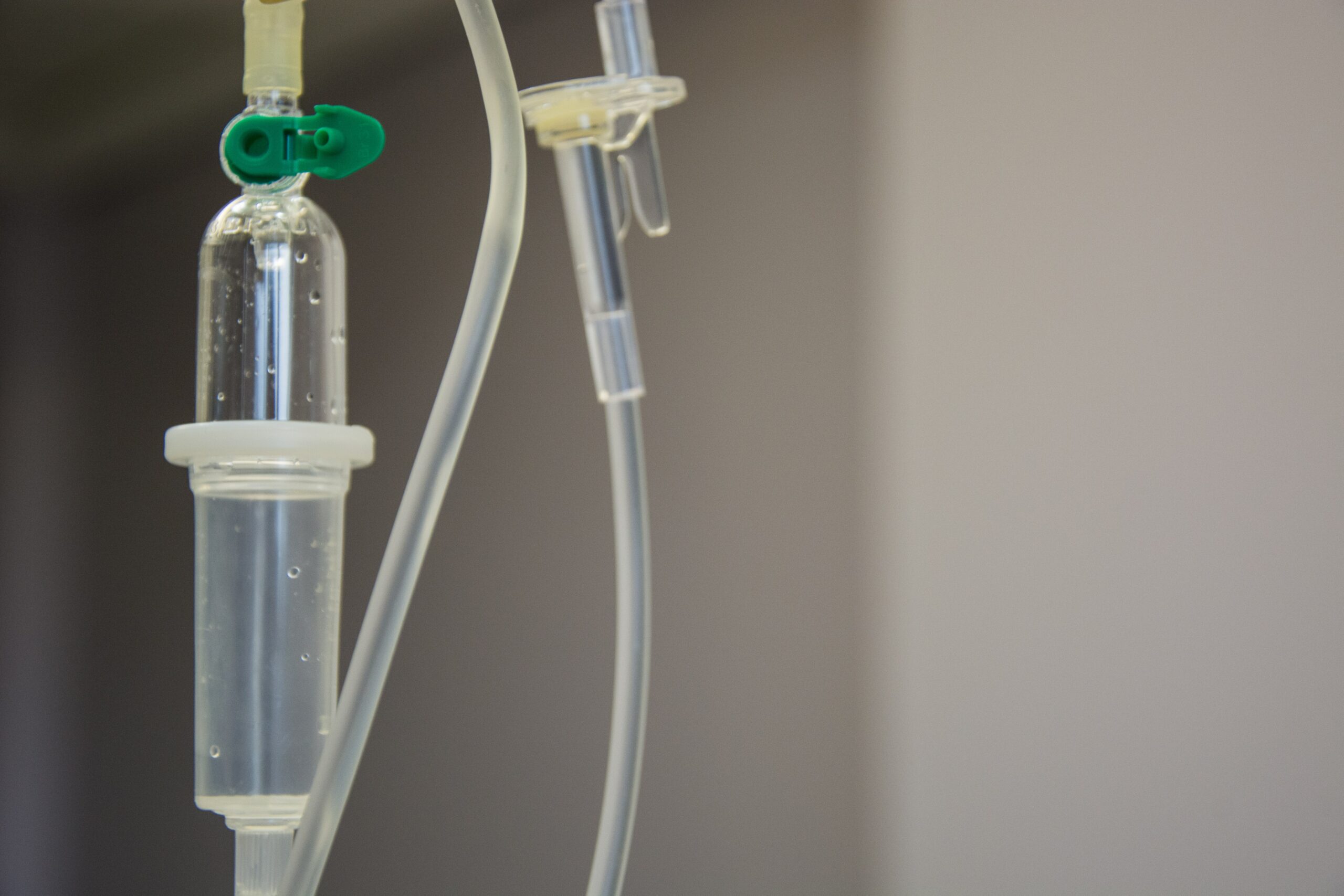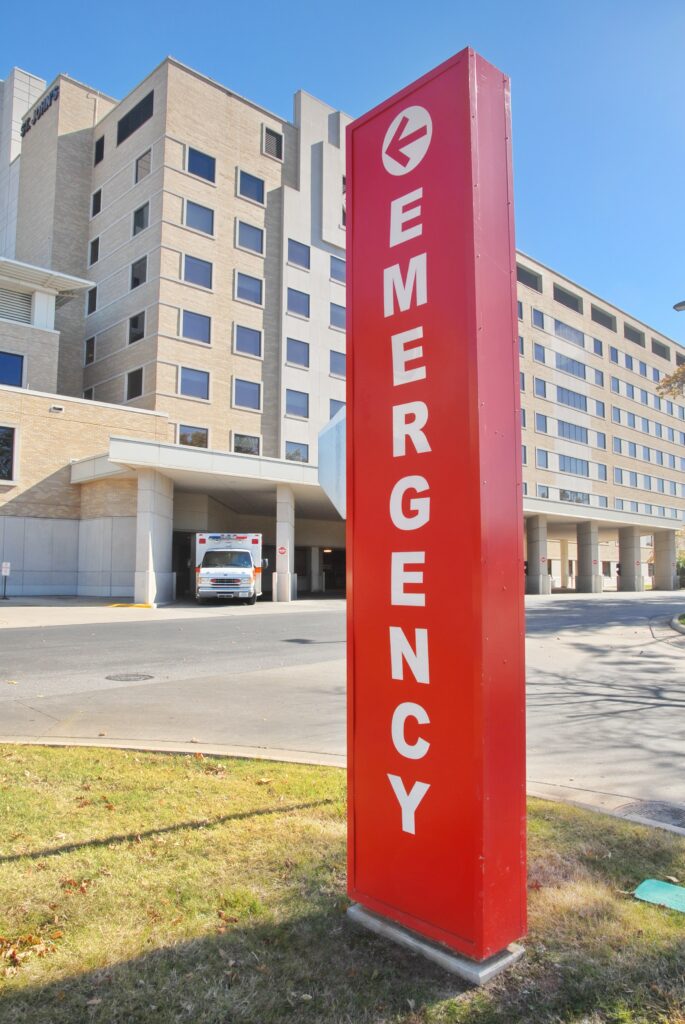Benzodiazepine Withdrawal & Detox
Understanding the Benzo Withdrawal Timeline
If you have received a prescription for benzos, you may wonder if they are addictive. If so, what is the benzo withdrawal timeline when you want to quit taking them? These are important questions to consider if you are currently taking medications to help control your anxiety. But, first of all, it’s vital to know what benzos are, how they work, and what the signs of addiction are. Then you can deal with the withdrawal timeline and seek treatment from Renaissance Recovery.
If you need treatment for a benzo addiction or another substance abuse disorder, contact our California treatment center.


By: Renaissance Recovery
Clinically Reviewed by: Diana Vo, LMFT
Last Updated:
02/29/2024
Benzo Withdrawal Timeline
The benzo withdrawal timeline may vary slightly for different people, but this is a close representation of what you can expect during benzo fatigue:
6 – 12 hours after the last dose, you’ll feel anxiety and may have insomnia for the first few days.
1 – 4 days after the last dose, you’ll feel under the weather with flu-like symptoms.
5 – 14 days after the last dose, you’ll be back to feeling anxious again.
Finally, as you hit the two-week mark, you may experience some residual symptoms of moodiness or restlessness. You could feel a psychological pull toward the drug, but the physical symptoms should be gone.

Can Benzo Withdrawal be Fatal?
The severity of benzodiazepine withdrawal symptoms can vary depending on the duration of use and the dosage of the medication. In some cases, withdrawal from benzodiazepines can lead to seizures, delirium, and other severe symptoms that can be fatal if not treated in a medical setting. According to DSM-5-TR, from 20% to 30% of individuals who undergo untreated benzo withdrawal experience grand mal seizures, which can be fatal.
Whether you are dealing with Klonopin withdrawal, Valium withdrawal, Xanax withdrawal, or another benzo, it is essential to detox under medical supervision to avoid severe complications and reduce the risk of fatal outcomes. The medical team can monitor your symptoms, provide necessary medications, and offer emotional support throughout the withdrawal process.

How Long Does Benzo Withdrawal Last?
The duration of benzo withdrawal can vary depending on the type of benzodiazepine used, the frequency and duration of use, and the method of withdrawal. The half-life of benzos can range from a few hours to several days, with shorter-acting benzos presenting withdrawal symptoms earlier than long-acting ones.
For instance, withdrawal from shorter-acting benzos like Xanax, Ativan, and Valium may begin within 6 to 8 hours after the last dose, while long-acting benzos like Klonopin, Librium, and Dalmane may take up to 24 to 48 hours to manifest symptoms. Withdrawal symptoms from a short-acting benzodiazepine are usually less intense and may have a more gradual onset than those from long-acting benzos
The severity and duration of benzodiazepine withdrawal syndrome can also depend on the severity of addiction. Mild benzo addiction may result in withdrawal lasting up to seven days, while more severe cases can last up to three months or longer, especially when the withdrawal is not appropriately managed. Tapered dosage reduction is a crucial aspect of the withdrawal process, and it can help streamline the procedure while minimizing withdrawal symptoms. Additionally, positive lifestyle changes, such as regular exercise, healthy eating, and engaging in stress-reducing activities, may help alleviate withdrawal symptoms and support long-term recovery.

Fight Back Against Benzo Addiction
Get evidence-based treatment to overcome benzodiazepine addiction at Renaissance Recovery. Call our team now to learn more about the process.

What is Benzo Detox?
Benzo detox is a critical first step toward recovery that involves eliminating the medication and all harmful substances from the body. However, detoxification can be a hazardous and potentially life-threatening process if not done correctly. Abruptly ceasing the use of benzodiazepines, also known as the cold turkey method, can lead to severe withdrawal symptoms and even fatal complications.
To minimize the risk of adverse effects, a medically supervised detox program is strongly recommended. This allows for a gradual reduction in dosage, which helps with reducing withdrawal symptoms while providing comprehensive medical and emotional care during the challenging process. A specialized treatment team can closely monitor the individual for signs of suicidal thoughts or seizures, which can occur during detox.
Beyond this, a medically supervised detox program can address co-occurring mental health disorders, which are often associated with benzodiazepine addiction. Many people with substance use disorders also have underlying mental health issues, such as depression or anxiety, that need to be treated to promote long-term recovery. The integrated care approach provides customized treatment plans that address both physical and emotional symptoms, allowing for a more successful and sustainable recovery.

How to Safely Detox from Benzos
Benzodiazepine addiction is a significant concern, and the first step toward recovery is a safe detox. If you or a loved one are considering detoxing from benzos, it’s crucial to understand the process and take steps to do it safely. Here’s what you need to know.


Detox and Recovery for Benzodiazepine Withdrawal
Benzo detox for some involves symptoms that subside within days to more severe symptoms that can impact physical and mental health.
Whether you opt for inpatient or outpatient treatment for benzo addiction, you should strongly consider a supervised clinical detox.
There are three phases to benzo withdrawal, immediate, acute, and protracted:
Help For Benzo Addiction At Renaissance Recovery
Going through withdrawal is best with the aid of a substance abuse treatment center. At Renaissance Recovery, we don’t offer detox but have connections around the Orange county area with a number of medical detox programs that can help you through the benzodiazepine withdrawal timeline. Following a stay at a medical detox, you can step down to our evidence-based treatment programs. Some of our therapies include:
Outpatient treatment program
Men’s rehab treatment program
Don’t let benzos steal your joy in life. Now that you know the benzo withdrawal timeline, you can reach out to a quality rehab center and let us help you find a medical detox today. Contact Renaissance Recovery us today, and we’ll get your loved one on the road to recovery.

